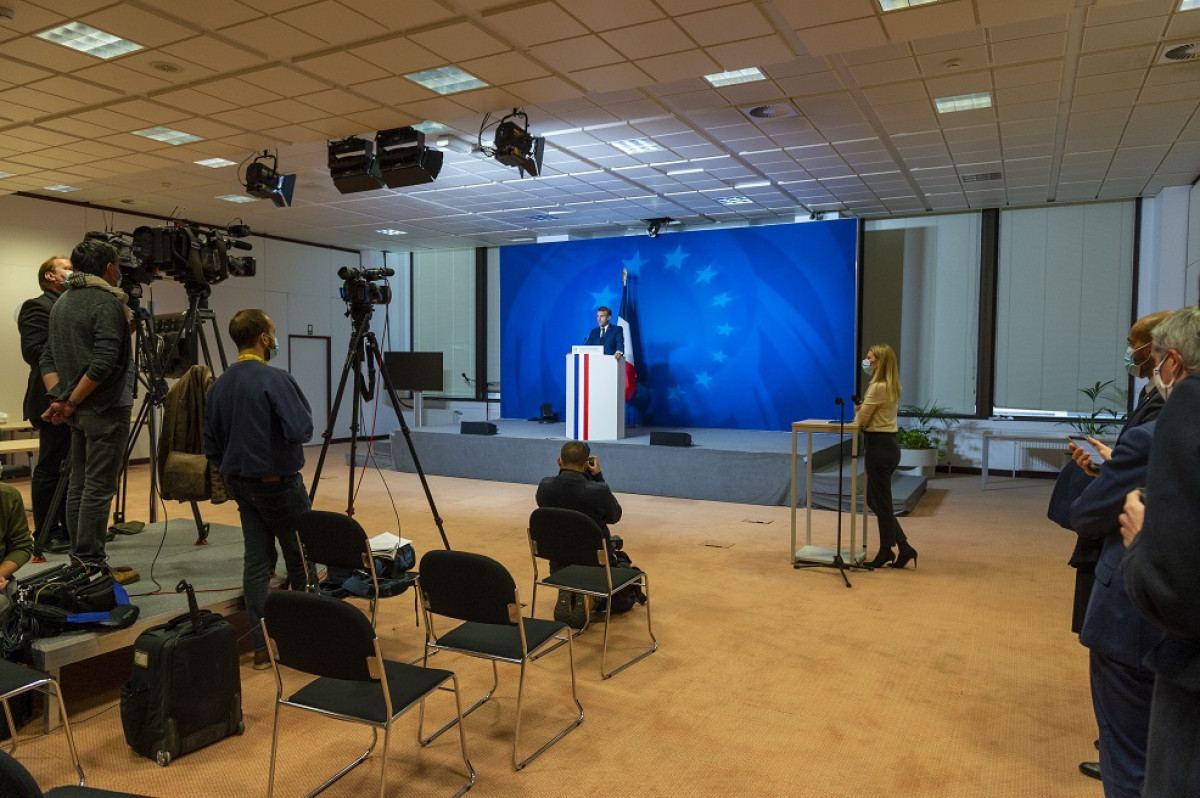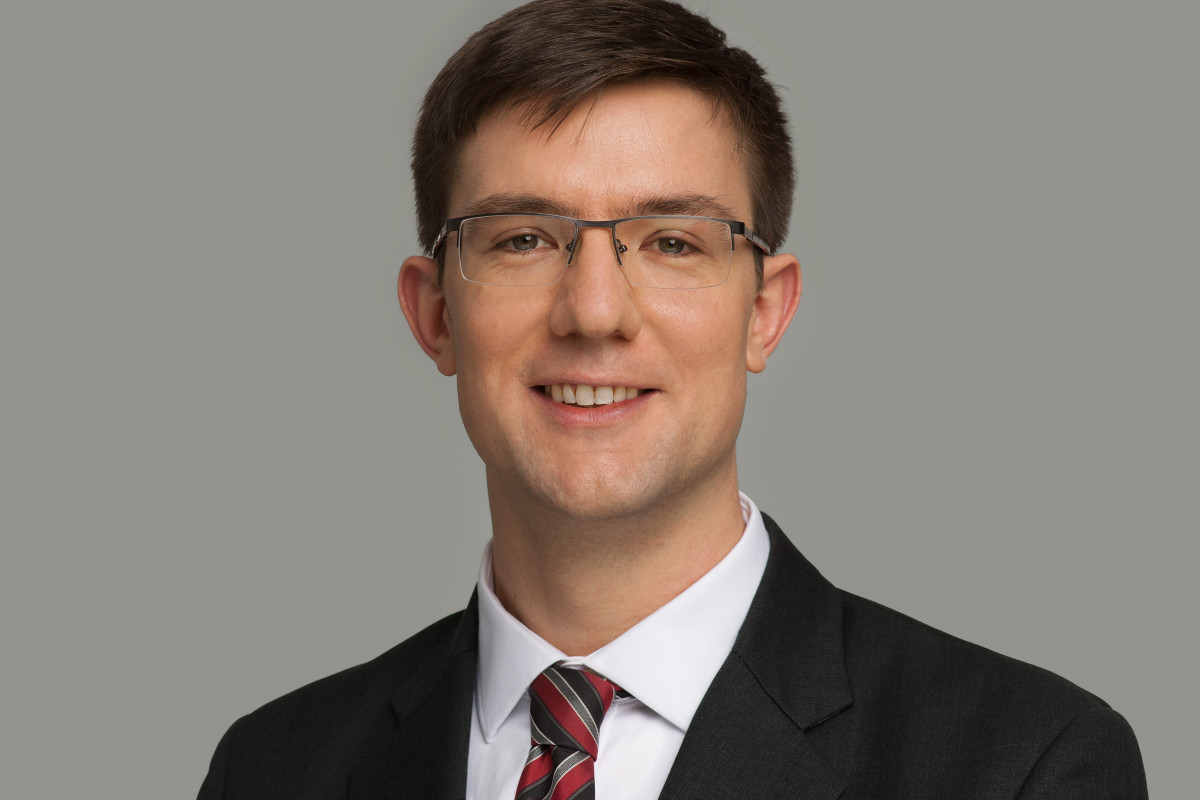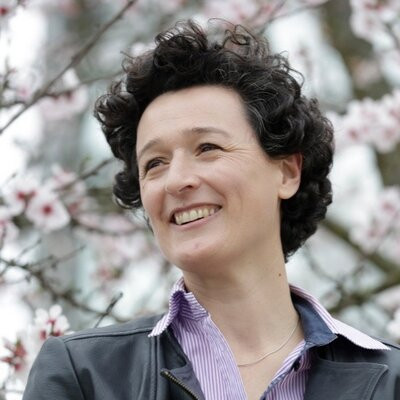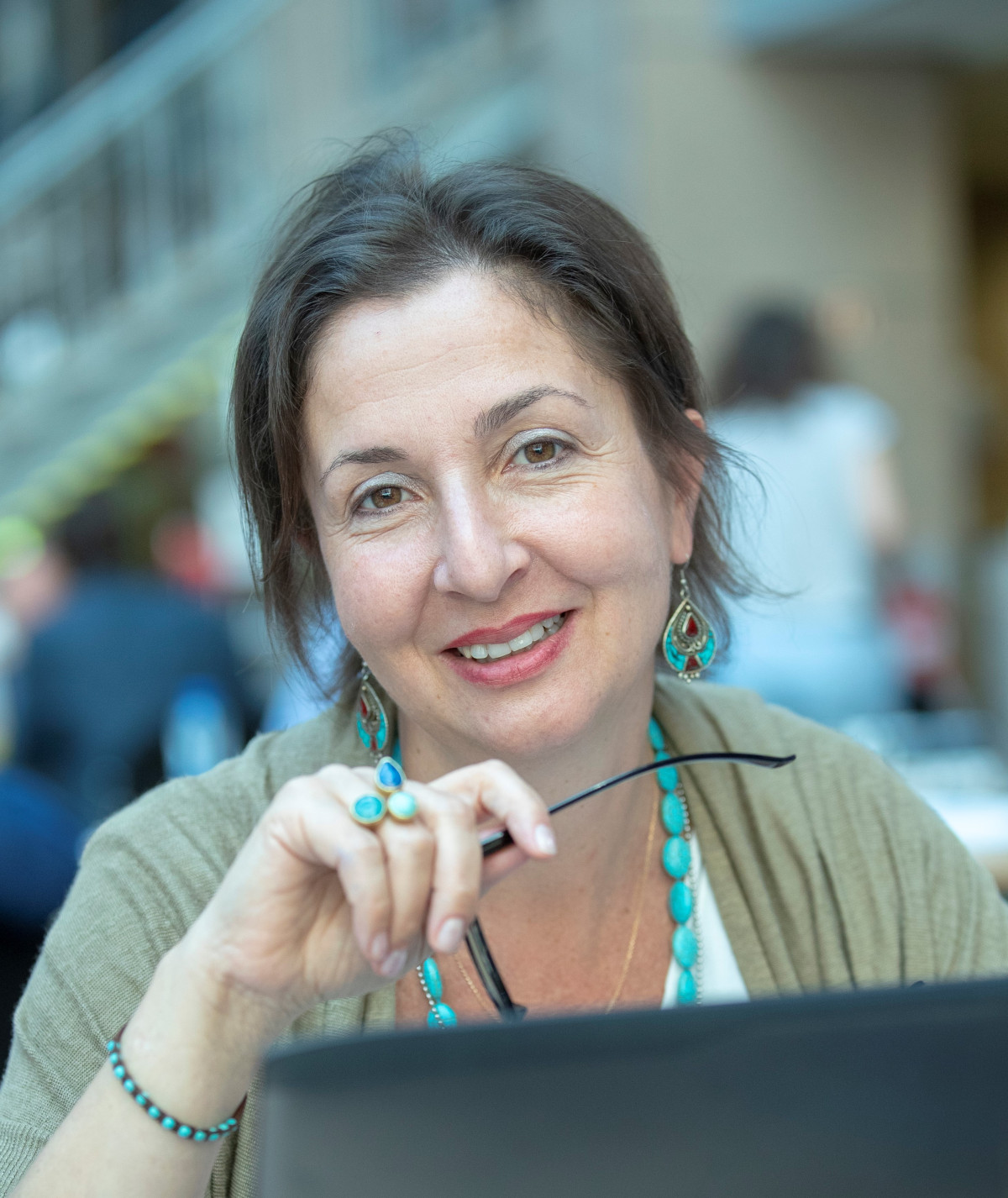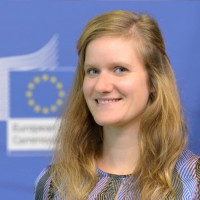Explanatory: The interplay between European and national energy and climate policies
The interaction between EU and national policies in any given field has been a challenge for journalists to cover for decades, and energy and climate policies are no exception. Colleagues from the member states often struggle with questions such as who sets the renewables targets and how are these decisions implemented? How are the national and EU climate targets related? Who decides where to build major cross-border power lines?
For non-EU journalists, the intricate web of climate and energy relations can be even more opaque. This is especially true since not all countries in Europe are members of the European Union. Complicating matters further is the fact that there are several layers of cooperation (or non-cooperation) among them.
The speakers will tackle the following questions:
- Who is responsible for developing the continent’s climate policy?
- Where are fundamental decisions on the future of the energy system taken?
- What is the Energy Union?
- How is energy traded across borders?
- How are EU-level decisions interlinked with national actions, and how does all this relate to the non-EU nations and to the wider international context?
- What are the typical pitfalls of reporting on these issues?
- How much of an issue are language barriers when researching a story?
The event, open only to journalists, is organised by the Clean Energy Wire (CLEW) in cooperation with the Ecologic Institute. It is part of a series dedicated to key issues in Europe’s energy and climate policies. Find out more about these events and CLEW's Europe plans here.
We will publish more information on the agenda and speakers soon.
Agenda
| 16.00 - 16.05 |
Welcome and introduction by moderator Julian Wettengel, staff correspondent, CLEW |
| 16.05 - 16.20 |
Presentation on the interplay of European and national energy and climate policy by Andreas Graf, Agora Energiewende |
| 16.20 - 16.30 |
Q&A |
| 16.30 - 16.50 |
Lightning talk: How to report on European energy and climate policy - pitfalls and best practices by Claire Stam, journalist |
| 16.50 - 17.10 |
Lightning talk: Overcoming national perspectives when covering issues of European-wide relevance - Investigate Europe by Maria Maggiore, journalist |
| 17.10 - 17.25 |
Lightning talk: Origin of EU policy - insights from the European Commission press office by Lynn Rietdorf, European Commission |
| 17. 25 - 17.30 | Conclusions and outlook |
Speakers
Andreas Graf is a Project Manager for EU Energy Policy at the think tank Agora Energiewende. In this role he helps to develop scientifically based and politically feasible recommendations for advancing Europe’s energy transition to climate-neutrality. He is based in Brussels.
Maria Maggiore lived for twenty years in Brussels covering European Affairs. Since the Investigate-Europe consortium was set up in 2016, she has lived between Italy and Brussels preparing investigations. For a year, covid permitting, her consortium has been dealing with climate change hypocrisies.
FREQUENTLY ASKED QUESTIONS
Please click on the red "Sign up"-Button and fill in the necessary information. Remember to confirm your sign up via the automatic email you receive from us (it could land in your spam folder).
No, we will not record the web-event.
The web-event language is English.
Yes, the web event will be on the record.
Sound quality is greatly improved by using headsets with
microphone. It is recommended that all active participants equip
themselves accordingly (smartphone headsets are sufficient).

